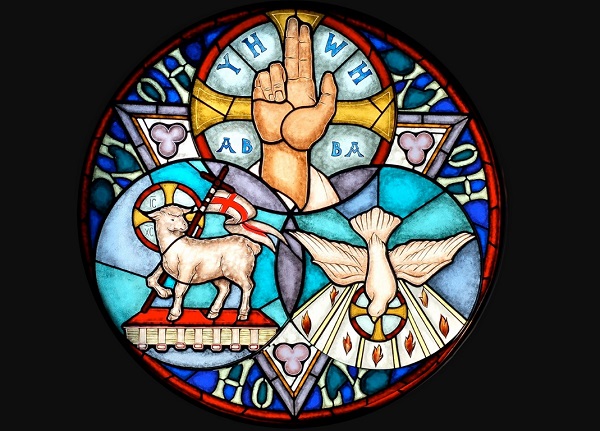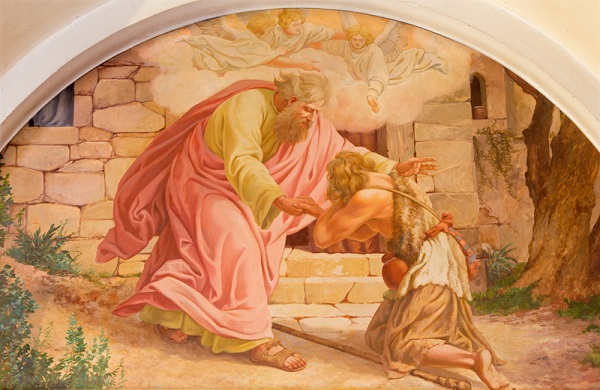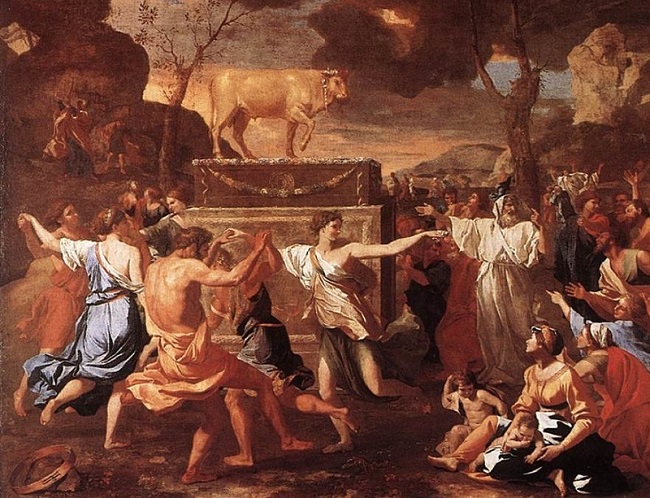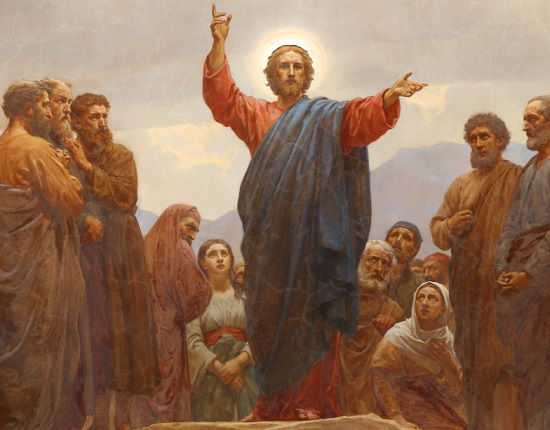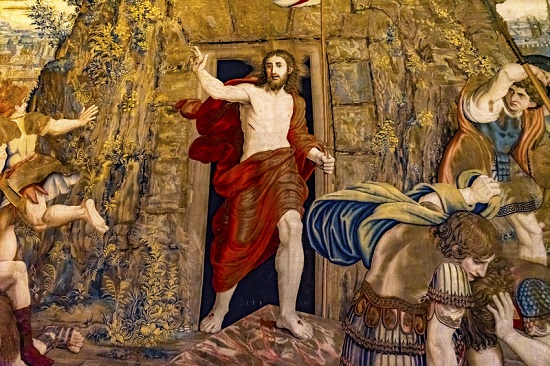Perhaps you’ve heard of the ontological argument for the existence of God. If not, I’ve written about it here[1], here[2] and here[3]. But this time, I’m not speaking of the existence of God, I’m speaking of a corollary necessary truth: the ontological argument for the existence of hell.
I should dispense with a technicality up front. “Hell” is actually the holding place of torment for unbelievers until the final judgment (Luke 16.23, Rev 20.13 KJV). Unbelievers are held in hell until the final judgment at the Great White Throne Judgment (Rev 20.11), whereupon those who have not believed God and trusted in Christ for salvation, but instead have repeatedly rejected God’s gift of salvation, will be tossed in the Lake of Fire (Rev 20.15), there to spend eternity in torment. Since both are places of torment, for the purposes of this article, I will call both “Hell”, though technically, the final, eternal destination of the lost is the Lake of Fire.
Why, you might wonder, would you ever want to prove the existence of hell – that most feared place among those who truly understand it? There are two simple reasons: Continue Reading


